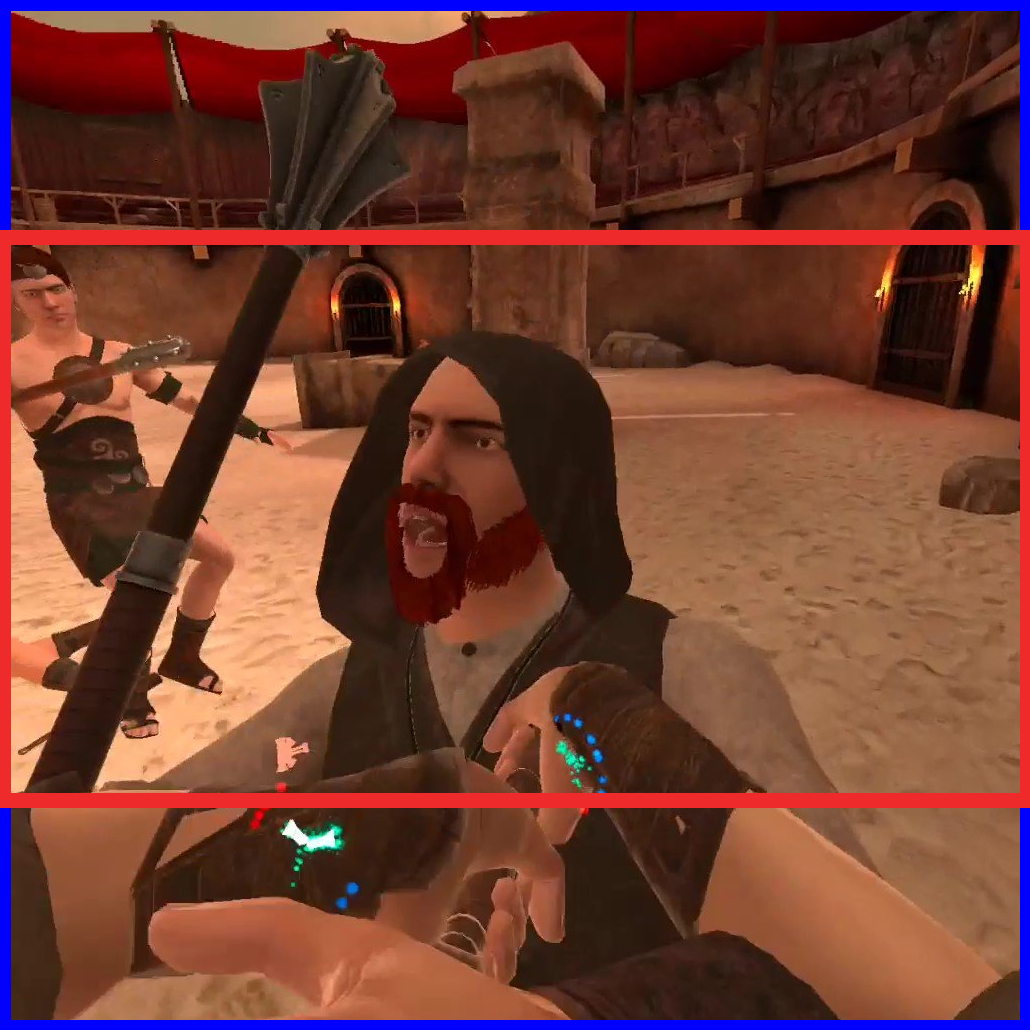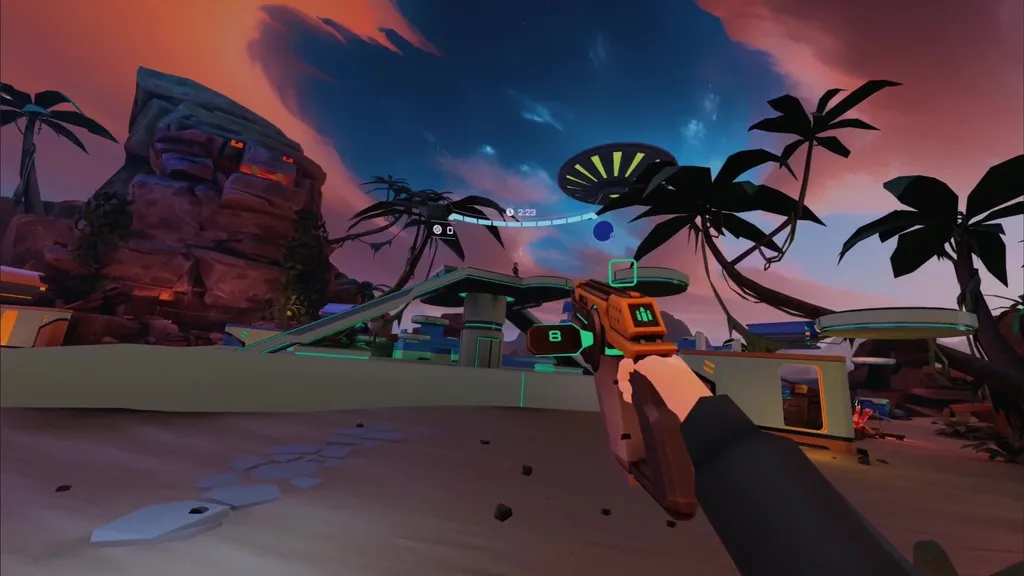Quest's uncropped PC Casting 2.0 no longer requires a USB 3.0 cable.
Quest headsets can wirelessly cast what the wearer is seeing to TV devices with Google Cast, smartphones, to a web browser, or to a PC application called Meta Quest Developer Hub.

Normally when recording or casting video on Quest, creators have to choose between a full-view 1:1 aspect ratio or a cropped 16:9 view which would often exclude your virtual hands and the top of close-up objects from the frame. That's because each lens in most headsets has roughly the same horizontal and vertical field of view.
But last month Meta Quest Developer Hub got a beta Casting 2.0 option with a "Cinematic" mode that solved this by telling the headset to expand the rendering field of view horizontally beyond what's actually visible through the lenses to capture a full 16:9 image with almost no cropping of the top and bottom.
To be clear, casting to Meta Quest Developer Hub can also be used for recording videos, not just livestreaming.
Depiction from Meta of the wider field of view of Casting 2.0 for 16:9.
The initial release of Casting 2.0 required your headset to be connected to your PC via a USB 3.0 cable, but this week's update to Meta Quest Developer Hub adds support for fully wireless Casting 2.0 over Wi-Fi.
As we noted when Casting 2.0 initially released last month, the expanded view does have some performance overhead, as you'd expect. In games using dynamic resolution this simply means the resolution decreases slightly, while fixed resolution apps can drop some frames.
Still, the wider and taller field of view is far preferable for recording content to be watched on laptops, PCs, and TVs (or phones in landscape orientation) on platforms like YouTube. We've noticed YouTubers and developers alike have greatly appreciated Casting 2.0 - but will its expanded view Cinematic Mode ever come to Quest's in-headset recording tools?



























